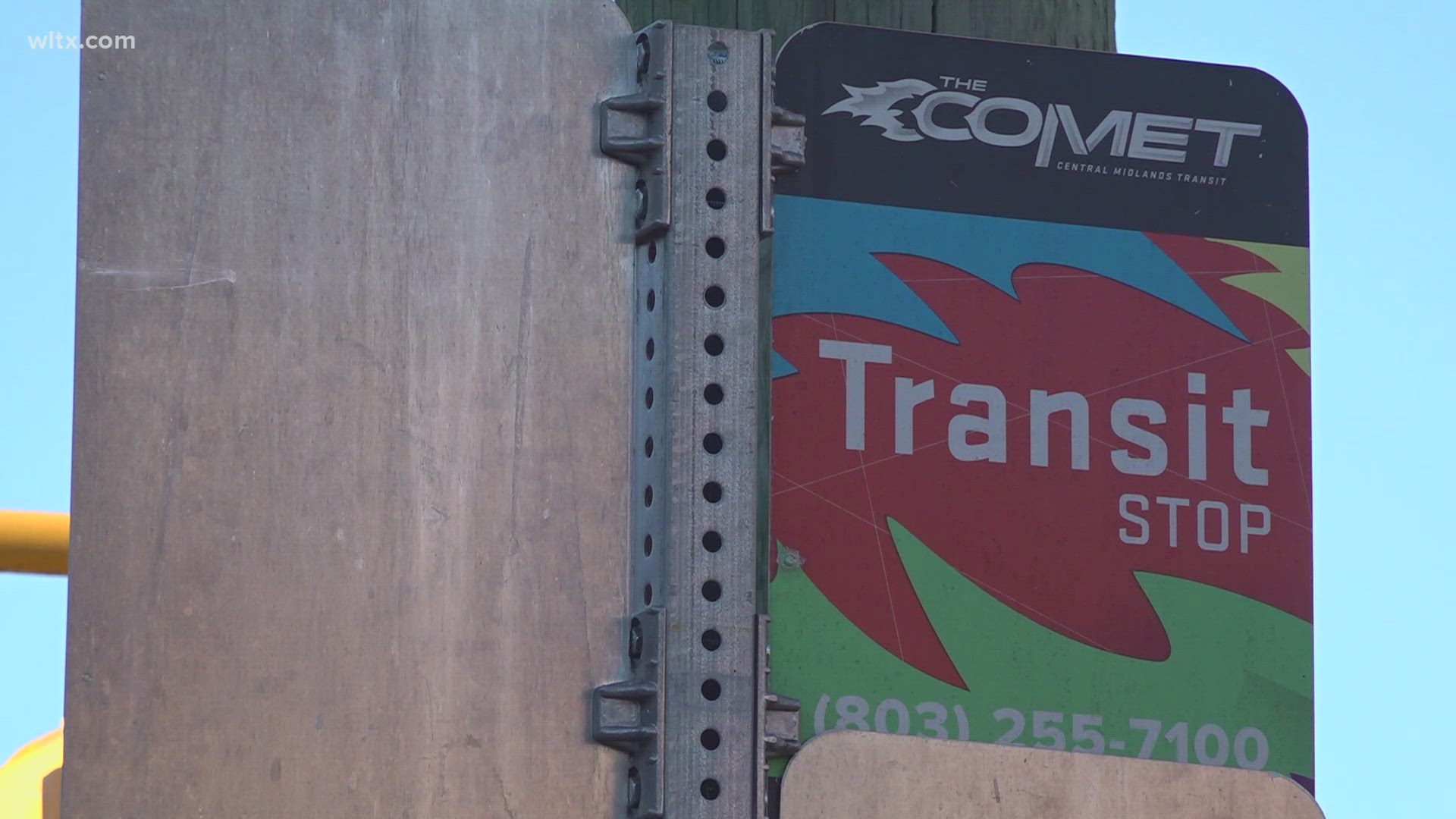COLUMBIA, S.C. — Thursday evening, leaders from The COMET spoke to the public about the future of the bus system and how the proposed transportation sales tax, also called the penny tax, plays a part.
Maurice Pearl is the Executive Director and CEO of The COMET. He described how much of an impact the 2012 transportation sales tax has on the service's budget.
“It funds 61% of The COMET budget. And it will continue to do that going forward. So, it is extremely important for The COMET to function,” Pearl said.
He said if referendum is approved, the estimated $990 million it would generate would fund the future of the system for the next 25 years.
“That’s enough funding to get us where we need to be to put service into Lower Richland, to increase frequency from 30 minutes to 15 minutes on our L-1 routes, create more connectivity throughout the Midlands region and up to Blythewood and Scout and then also expand our transit center and then move that,” Pearl explained.
During the discussion Thursday, Pearl outlined how the service has grown since the implementation of the 2012 tax. He said the system had grown from 68 vehicles to 97, maintains 160 bus stop shelters, and now has a total of 200 benches. currently the system has an on-time performance score of just under 80%.
Pearl also said The COMET has no plans at this time to raise the price of bus passes and teased a pass for seniors that would be low or no cost.
Riders said The COMET provides them an essential service, including trips to church, medical appointments, shopping and more.
But not everyone is on board with the transportation sales tax.
On social media, debate surrounds the referendum with one poster writing on Reddit, “We did not get our money’s worth last time (2012) and I have no reason to believe this time will be any different. No one should vote to tax themselves… no one.”
With almost two-thirds of the system's budget coming from the penny tax funds, Pearl said that without that revenue, routes and services would need to be drastically cut, resulting in a significant loss of service for those who rely on the bus.

